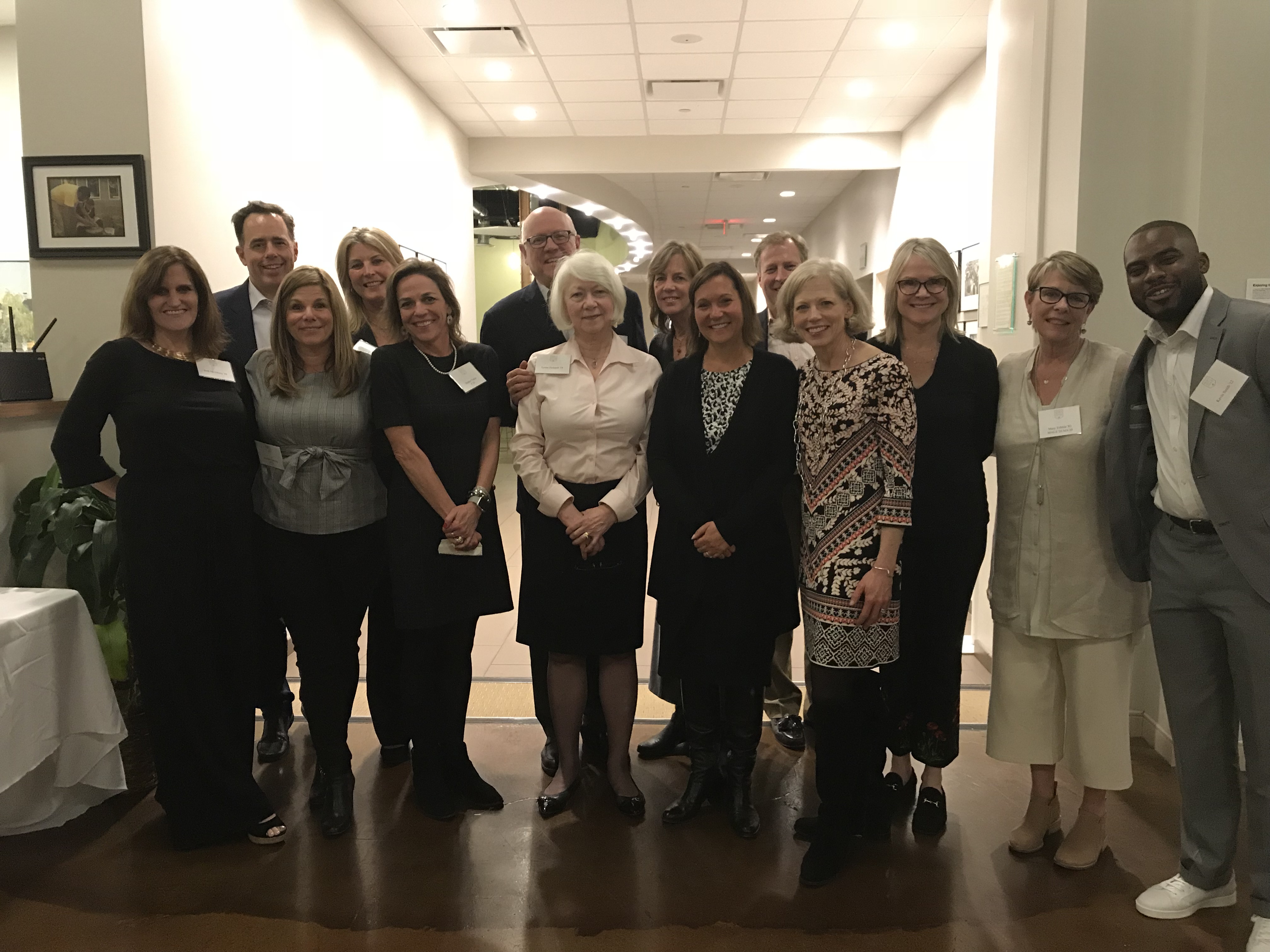Leadership & Character | Boston, MA
A group of Wake Foresters gathered over dinner in Boston, Massachusetts, on February 21, 2018, to discuss Leadership & Character.
Overview and highlights of our Call to Conversation:
A consistent theme that weaved through the conversation was the idea of service leadership – serving something larger than yourself. On the question of when do leadership and character overlap, the group agreed that individuals committing themselves to a larger purpose most often lead with character.
We were all enriched by the stories of character shown and the people whom displayed it. Everyone at the table shared personal examples of character by telling stories of individuals including Nelson Mandela, Winston Churchill, corporate whistleblowers, the CEO of Malden Mills, the late Joe Martin of Charlotte, Dr. Bonnie Goldstein of Los Angeles, Ally Riesman, families of very sick kids, and the social entrepreneur Bill Strickland of Pittsburgh.
Personal technology is making us and our children more dis-connected than ever, more demanding of instant gratification, less empathetic and less embracing of challenges. Yet connectedness and the ability to grapple with challenge are fundamental in building character and developing a capacity to lead.
Through stories and comments, our group demonstrated that real leadership requires many qualities with emphasis on empathy, resilience, compassion for others and the ability to listen. One idea in several examples were of people who strive make a difference without seeking attention for themselves. Admiration was shared for “quiet” or “reluctant” leaders.
A group member asked us to consider the question of what would we want students to know about our conversation? Answers stressed the value of community, to “ease up” and act to avoid becoming insular, practice the “friction of friendly minds,” and to remember humility.
The group voiced consensus in affirming President Hatch’s and Wake leadership’s leaning into deliberative dialogue and civil discourse as a distinctive, defining and much-needed pillar of our University community in our turbulent, contentious society – both on campus and beyond.

